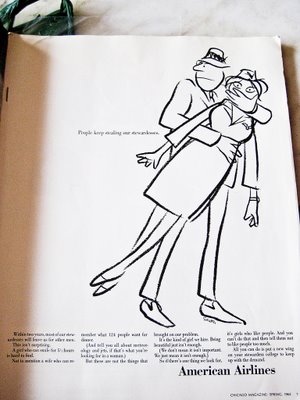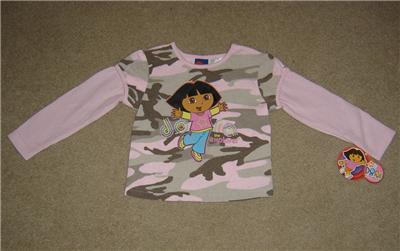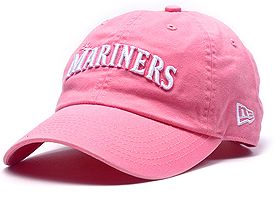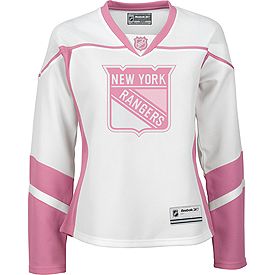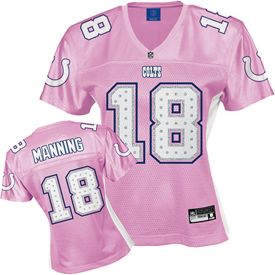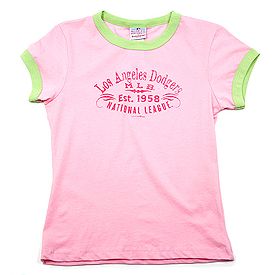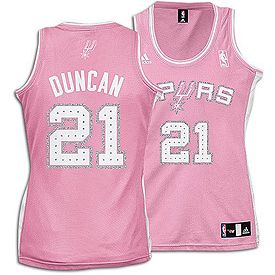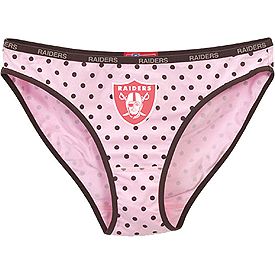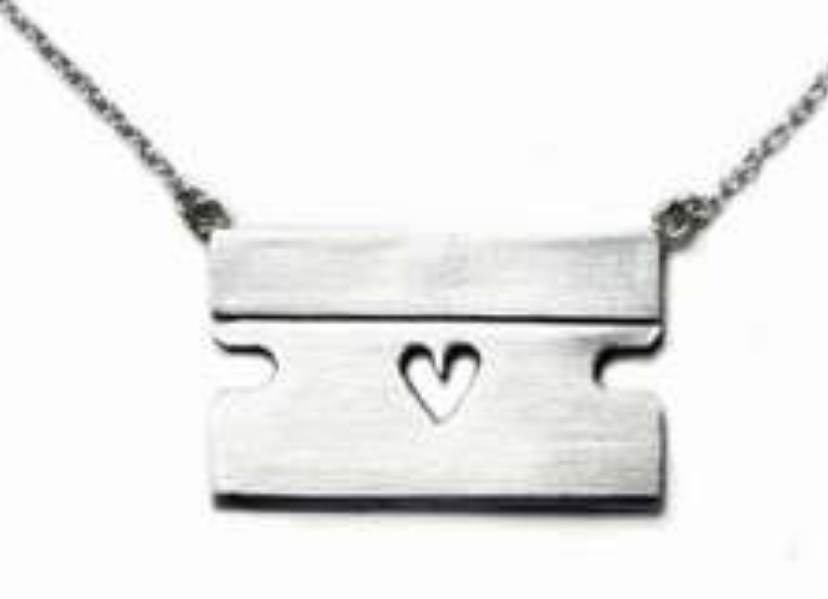Jessica Simpson wore a pink Tony Romo (Dallas Cowboys quarterback) jersey at a recent game. In case you didn’t know, they are dating. This was the first time she went to one of his games and actively acknowledged their relationship.
The Cowboys lost. And here’s the fascinating thing: She was immediately blamed for the loss. This photo, where she looks sort of pouty and upset, has popped up everywhere, though there are photos available where she looks happy and is cheering. Here is a Dallas Morning News column addressing the blame put on Jessica Simpson.
These two Jessica masks are available here; the idea is that fans of the teams the Cowboys are playing should take them to games to throw Romo off so the Cowboys will lose (another mask is available at RuinRomo).
This whole story of Jessica causing the Cowboys to lose was a big enough deal that yesterday, while sitting in a restaurant, I saw ESPN announce that she will not attend the upcoming Cowboys game against the New York Giants. FOX News added the story to their website. This is news! In this article, Romo insists he is focused on the game, not Jessica.
This fits in with a long line of women being seen as a threat to men’s performance in male-dominated arenas (sports, the military, and police forces in particular). When I taught Sociology of Sport we discussed how in the early 1900s single women who attended baseball games would be harassed, spit at, and sometimes removed from the game by other fans who felt they were going to distract the players and make them lose. There’s also the long-standing belief that men shouldn’t have sex before a game. Women sap men’s strength (think Sampson and Delilah in the Old Testament), and men who become romantically/sexually involved with women risk becoming weak (i.e., feminine) and failing in the masculine world.
This story might be a good addition to the pictures of pink athletic team jerseys.
Gwen Sharp is an associate professor of sociology at Nevada State College. You can follow her on Twitter at @gwensharpnv.


